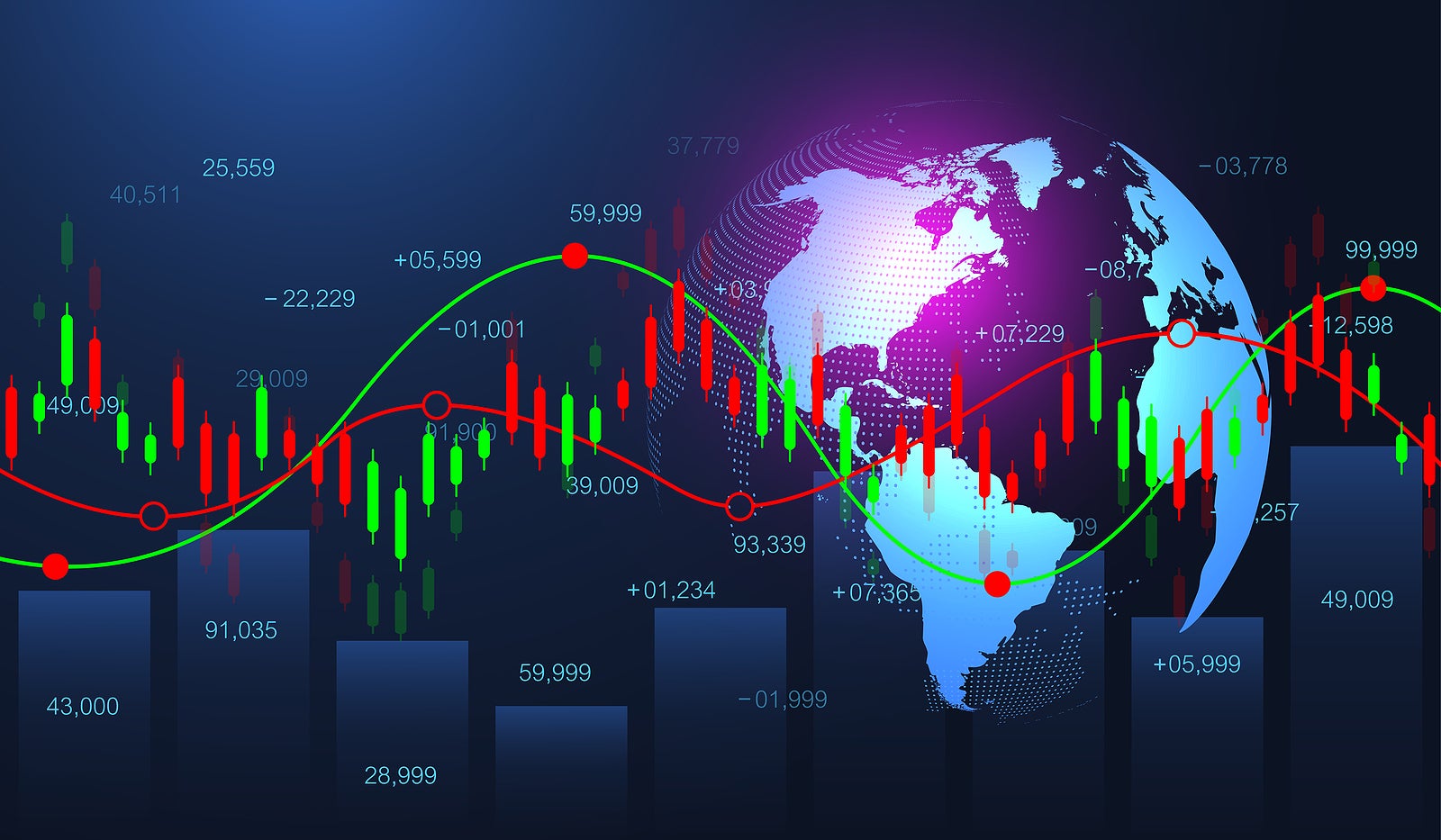Investing is a powerful tool for growing your wealth and securing your financial future. Among the many investment options available, forex and the stock market stand as two of the most popular. Each offers unique advantages and risks, and the best choice for you depends on your individual circumstances, preferences, and risk tolerance. In this article, we’ll dive into the world of forex and the stock market, exploring their key features and helping you make an informed decision about which is the better fit for your investment strategy.

Image: www.cmcmarkets.com
What is Forex?
The foreign exchange market, commonly known as forex, is the decentralized, global market where currencies are traded. This vast over-the-counter (OTC) market operates 24 hours a day, five days a week, with currencies traded in pairs. Unlike the stock market, forex has no central exchange; instead, transactions occur through a network of banks, brokers, and other financial institutions.
Benefits of Forex Trading
- Accessibility: Forex trading is open to individuals of all financial backgrounds, as there is no minimum capital requirement to enter the market.
- Leverage: Forex brokers offer leverage, which allows traders to multiply their potential profits (or losses) by using borrowed funds. However, it’s essential to use leverage cautiously, as it can amplify both gains and risks.
- Liquidity: The forex market is highly liquid, meaning currencies can be easily bought and sold, facilitating swift transactions and quick exit strategies.
- Global Market: Forex trading operates around the globe, providing investors with access to a vast market and a wide range of currency pairs.
- 24/5 Trading: Unlike the stock market, which has specific trading hours, forex offers 24-hour trading, allowing investors to take advantage of opportunities at any time.
What is the Stock Market?
The stock market is an organized marketplace where stocks of publicly traded companies are bought and sold. Stocks represent a share of ownership in a company, and their value fluctuates based on the company’s performance, industry trends, and overall economic conditions.

Image: smallbizclub.com
Benefits of Stock Market Investing
- Ownership Stake: Buying stock in a company gives investors an ownership stake and entitles them to a share of the company’s profits through dividends.
- Long-Term Growth: Over the long term, the stock market has historically provided solid returns, offering the potential for significant wealth accumulation.
- Diversification: Investing in stocks allows investors to diversify their portfolios, thereby reducing risk. By spreading investments across various companies and industries, they mitigate potential losses in any one sector.
- Capital Appreciation: When a company performs well, its stock value tends to increase, offering investors potential capital appreciation. This growth in stock value can result in substantial profits over time.
- Regulatory Oversight: Stock markets are regulated by government agencies, which provide transparency and investor protection, ensuring fairness and preventing fraudulent activities.
Forex vs. Stock Market: Key Differences
- Trading Time: Forex operates 24 hours a day, while the stock market has specific trading hours.
- Market Structure: Forex is decentralized, while the stock market is organized through exchanges.
- Assets Traded: Forex involves trading currencies, while the stock market involves trading stocks.
- Ownership: Forex trading does not involve ownership of assets, while stock market investing entails ownership of company shares.
- Leverage: Forex brokers offer leverage, while leverage is typically not available in stock market trading.
Choosing the Best Option for You
The choice between forex and the stock market depends on your individual goals, risk tolerance, and financial circumstances.
- High Returns, High Risk, Short-Term: Forex trading offers the potential for high returns in a short period, but it also carries higher risks. Forex is suitable for experienced traders who are comfortable with the risks involved and have a solid understanding of market dynamics.
- Moderate Returns, Moderate Risk, Long-Term: Stock market investing generally provides moderate returns over the long term, with lower risks than forex trading. Stock investing is more suitable for individuals with a long-term investment horizon, who are willing to ride out market fluctuations and are comfortable with the potential for lower returns.
- Diversification: If your goal is to diversify your portfolio, incorporating both forex and stock market investments can be a wise strategy. This approach allows you to spread your risk across different asset classes and market conditions.
What Is Better Forex Or Stock Market
Conclusion
Whether forex or stock market investing is better for you depends on your unique circumstances and investment objectives. Forex trading offers high leverage, global access, and 24/5 trading, but it also carries higher risks. Stock market investing provides long-term growth potential, diversification, and regulatory oversight, but it has lower leverage and may not offer significant short-term gains. By carefully considering the pros and cons of each option and aligning your investment strategy with your goals and risk tolerance, you can make an informed decision and maximize your chances of investment success.






